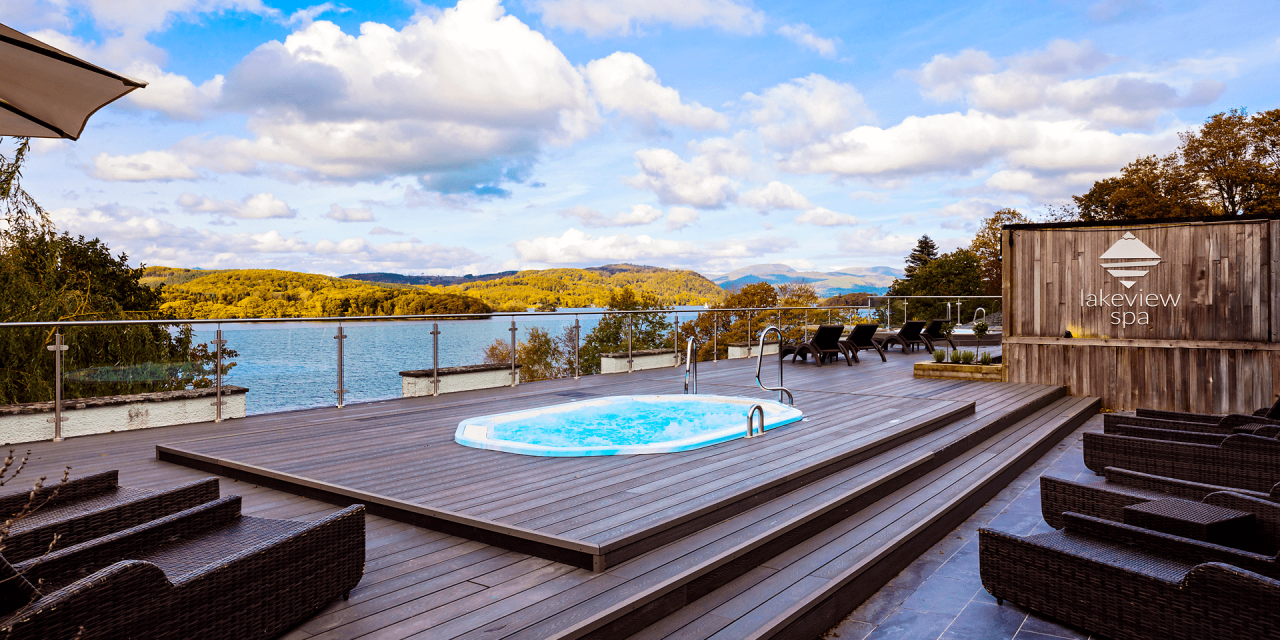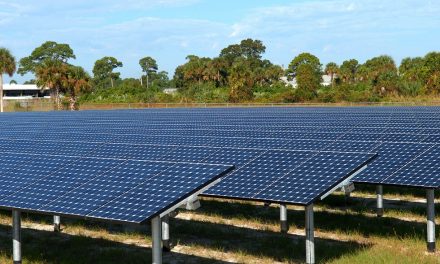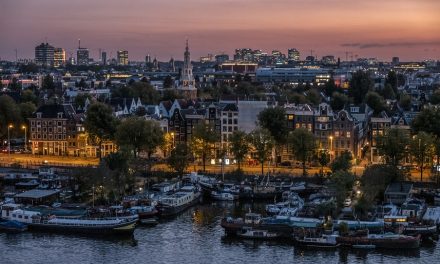Who can forget the positive impact the first lockdown had on eco systems around the world. Crystal clear canals in Venice, woodland animals roaming city streets, and pollution levels plummeting across the globe all evidenced how lockdown had an immediate hand in improving the environment we live in. Whilst no one would promote total lockdown as an effective method of tackling climate change, it is undeniable the positive effect it has had on our eco system.
Figures from the Air Transport Action Group proport that worldwide air travel produced 915 million tonnes of CO2 in 2019 alone. Due to the Covid-19 pandemic travel abroad has been off the menu for quite some time. People looking to get away from the stresses of everyday life have had to look a little closer to home this year. This increase in staycations and decrease in air travel has surely had an immediate impact on the environment. With the average traveller unintentionally improving their carbon footprint by opting for staycations, we ask what can UK hotels do to play their part in reducing their own carbon footprint?
The Beech Hill Hotel and Spa is a 4-star hotel, overlooking Lake Windermere, Cumbria. With 57 bedrooms, a 40ft swimming pool, Himalayan Sauna, aromatic steam room, and two Vitality Spa Pools in their Spa overlooking the lake, reducing their carbon output has been a priority for a hotel like Beech Hill.
Here we explore the steps a typical UK Hotel has taken to reduce their Co2 emissions.
Recycling
Rather than send their old bedroom furniture to charity, the folks at Beech Hill work with local charity Impact Housing. They work with youth groups and people at risk, ensuring their old furniture can still be put to good use.
The Hotel and Spa recycles 3.6 tonnes of paper and cardboard each year as well as 14 tonnes of glass. 123 tonnes of carbon dioxide saved!
Lightbulbs
Beech Hill began by replacing every lightbulb in the hotel with LED efficient bulbs. 1,000 bulbs switched to LED, using 80-90% less electricity. 58 tonnes of carbon dioxide saved!
Biomass Boiler
Beech Hill have replaced their four oil burning boilers with 1 extremely efficient biomass boiler. The Hotel would previously burn around 93,000 litres of kerosine annually resulting in 280 tonnes of carbon being reduced into the atmosphere. Plus, they needed 28 deliveries of fuel per year. With the biomass boiler installed this has changed to around 10 deliveries of wood pellets per year. 280 tonnes of carbon dioxide saved!
Since introducing these measures Beech Hill have saved at least 2,305 tonnes of carbon dioxide, possibly more. So, what can we learn from their example?
Globally, humans produced over 43 billion tonnes of Co2 in 2019 (ATAG). Lockdown may have put a pause on a small proportion of our Co2 output but what will happen when the pandemic ends and things return to “normal”? Will hotels in the UK step up and take the actions necessary to reduce their carbon footprint and combat climate change? Only time, and the canals of Venice, will tell.

















